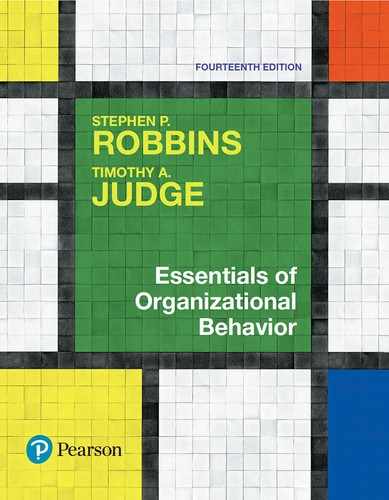Turning Individuals into Team Players
We’ve made a case for the value and growing popularity of teams. But many people are not inherently team players, and many organizations have historically nurtured individual accomplishments. Teams often fit well in countries that score high on collectivism, but what if an organization wants to introduce teams into a work population of individuals born and raised in an individualistic society? Let’s consider each phase of organizational team building.
Selecting: Hiring Team Players
Some people already possess the interpersonal skills to be effective team players. Therefore, managers, when hiring team members, can make certain that candidates can fulfill their team roles as well as technical requirements.64 Creating teams often means resisting the urge to hire the best talent no matter what. For example, the New York Knicks professional basketball team pays Carmelo Anthony well because he scores a lot of points for his team; but statistics show he takes more shots than other highly paid players in the league, which means fewer shots for his teammates.65 Personal traits appear to make some people better candidates for working in diverse teams. Teams made of members who like to work through difficult mental puzzles also seem more effective and able to capitalize on the multiple points of view that arise from diversity in age and education.66
Training: Creating Team Players
Training specialists conduct exercises that allow employees to experience the satisfaction teamwork can provide. Workshops help employees improve their problem-solving, communication, negotiation, conflict-management, and coaching skills. L’Oréal, for example, found that successful sales teams required much more than a staff of high-ability salespeople. “What we didn’t account for was that many members of our top team in sales had been promoted because they had excellent technical and executional skills,” said L’Oréal’s senior VP David Waldock. As a result of introducing purposeful team training, Waldock said, “We are no longer a team just on paper, working independently. We have a real group dynamic now, and it’s a good one.”67 An effective team doesn’t develop overnight—it takes time.
Rewarding: Providing Incentives to Be a Good Team Player
A traditional organization’s reward system must be reworked to encourage cooperative efforts rather than competitive ones.68 Hallmark Cards Inc. added to its basic individual-incentive system an annual bonus based on the achievement of team goals. Whole Foods directs most of its performance-based rewards toward team performance. As a result, teams select new members carefully so they will contribute to team effectiveness (and, thus, team bonuses).69 It is usually best to set a cooperative tone as soon as possible in the life of a team. As we already noted, teams that switch from competitive to cooperative do not immediately share information, and they still tend to make rushed, poor-quality decisions.70 The low trust typical of the competitive group will not be readily replaced by high trust with a quick change in reward systems. Promotions, pay raises, and other forms of recognition should be given to individuals who work effectively as team members by training new colleagues, sharing information, helping resolve team conflicts, and mastering needed new skills. This doesn’t mean individual contributions should be ignored; rather, they should be balanced with selfless contributions to the team.
Finally, don’t forget the intrinsic rewards, such as camaraderie, that employees can receive from teamwork. It’s exciting to be part of a successful team. The opportunity for personal development of self and teammates can be a very satisfying and rewarding experience.
